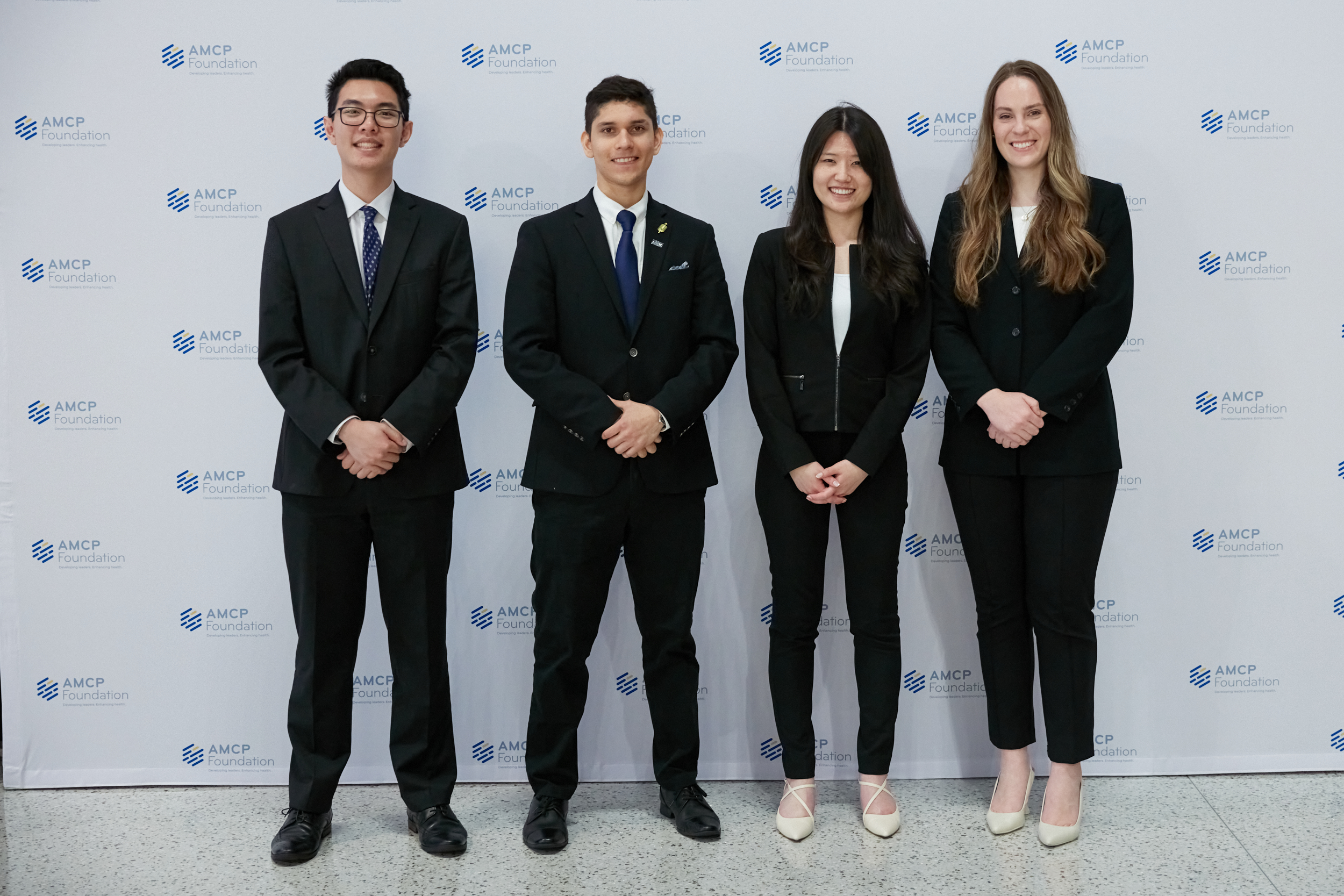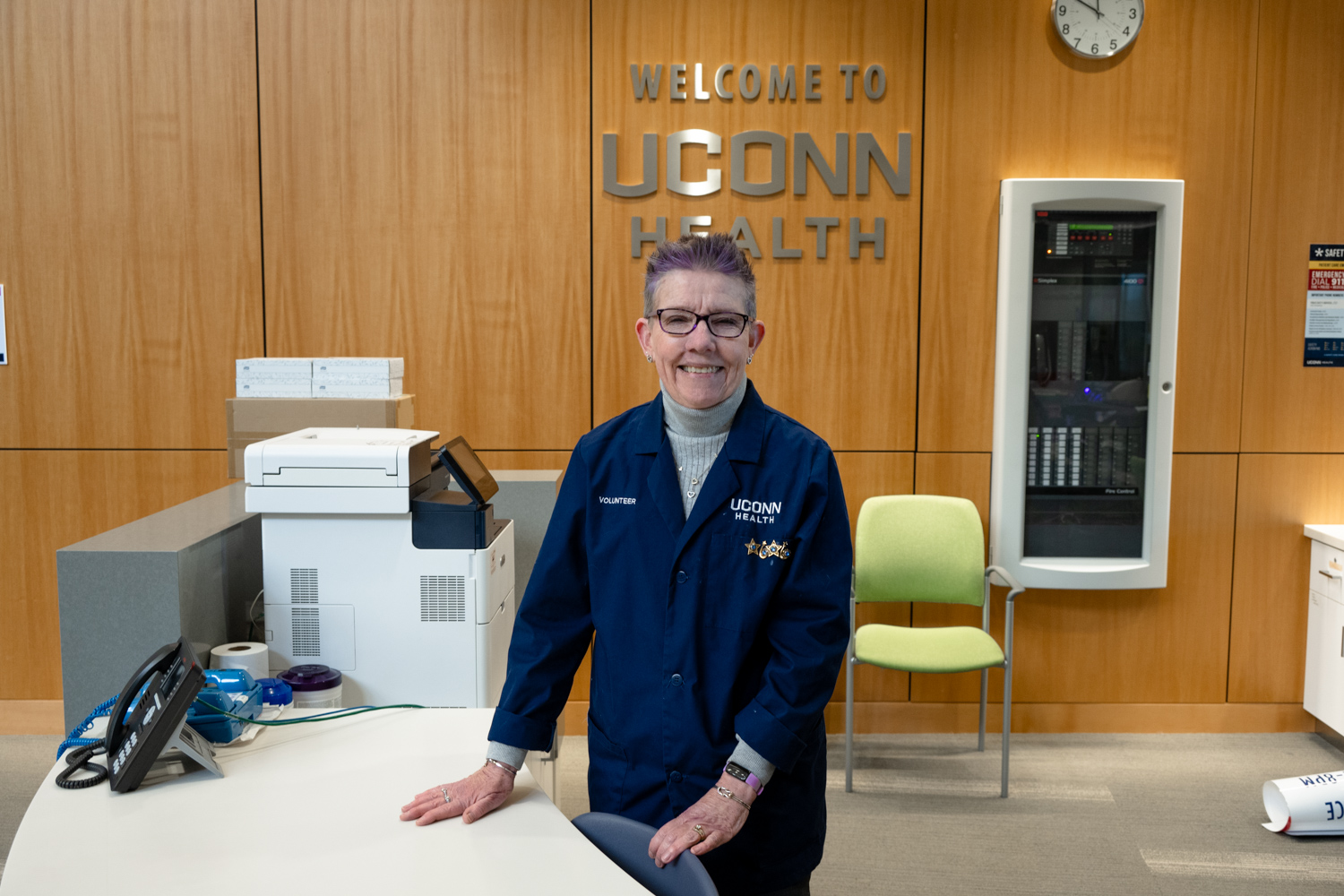 Equipped with a $2.5 million grant from the U.S. Department of Energy (DOE), last spring the Center for Clean Energy Engineering (C2E2) unveiled an innovative model for seeding advanced energy research at UConn, pairing academic with industry partners in order to spark long-term science-to-systems relationships that yield a diverse portfolio of green energy technologies.
Equipped with a $2.5 million grant from the U.S. Department of Energy (DOE), last spring the Center for Clean Energy Engineering (C2E2) unveiled an innovative model for seeding advanced energy research at UConn, pairing academic with industry partners in order to spark long-term science-to-systems relationships that yield a diverse portfolio of green energy technologies.
In 2008, an interdisciplinary engineering team submitted a proposal to Congress for funds to support the development and implementation of clean and efficient power generation systems for stationary and mobile applications. The DOE funds arrived in mid-2010, and Dr. Prabhakar Singh, C2E2 Director and the UTC Chair Professor of Fuel Cell Technology, was named principal investigator overseeing the project. In an effort to ensure a dynamic mix of new ideas and enhance the impact of the DOE investment monies, C2E2 issued an internal RFP inviting faculty to submit proposals “with industry partners“ in one of four general areas: energy conversion systems, energy storage, fuels and fuel processing, or power management.
The competition stipulated that UConn researchers partner with industrial collaborators or government laboratories, and also secure a match of financial and in-kind support from partners, underscoring the project’s real-world focus and assuring long-term support after the initial year of seed funding concluded.
Dr. Singh explained that this approach is intended to accelerate the translation of foundational energy research from the laboratory into commercially viable applications. “One of our aims is to develop a new structure for advancing sustainable energy research, in which private-sector companies and researchers collaborate to propel the science into the business realm. ‘Sustainability’ refers not only to the emerging clean, renewable energy technologies, but also to the enduring nature of our relationships with commercial industry,” remarked Dr. Singh.
The proposals were reviewed on the basis of scientific and technical merit, potential impact to society, and role in advancing C2E2’s mission. Ten subprojects were selected for first-year funding, with up to $100,000 awarded to each team:
- Optimization of FCC Selectivity through Detailed Modeling of Catalyst Evaluation – partners W.R. Grace and Dr. George Bollas (CMBE)
- Stannate-based Semiconductor Nanocomposites for Solar Energy Utilization – partners United Technologies Research Center (East Hartford, CT) and Dr. Pu-Xian Gao (CMBE)
- Waste Heat Recovery and Utilization using the Osmotic Heat Engine – partners Oasys Water (Osmotic Application Systems of Cambridge, MA) and Dr. Jeff McCutcheon (CMBE)
- Biogas Clean Up – partners nzymSys (East Hartford, CT) and Dr. Ashish Mhadeshwar (CMBE)
- Waste to Energy: Biogas Cleanup (Desulfurization) for Energy Generation – partners FuelCell Energy (Danbury, CT) and Dr. Steve Suib (Chemistry)
- Fuel Reforming Catalysts for Efficient Energy Usage – partners Advanced Power Systems International (APSI, Inc., Lakeville, CT) and Dr. Steve Suib (Chemistry)
- Matrix Stability Understanding Investigation – partners FuelCell Energy (Danbury, CT) and Dr. Prabhakar Singh (CMBE)
- Modeling of Resin Flow in the Manufacture of PAFC GDLs – partners UTC Power (South Windsor, CT) and Dr. Rajeswari “Raji†Kasi (Chemistry)
- Rapidly Quenched YSZ as Enhanced Electrolyte for SOFC – partners NanoCell (Mansfield, CT) and Dr. Radenka Maric (CMBE)
- Fuel Cell Electrode Microstructure: Nanoscale Stability and Efficiency – partners UTC Power (South Windsor, CT) and Dr. Bryan Huey (CMBE)
The Center plans to issue a second competitive solicitation in early 2011 and to award funds to additional faculty/industry teams in coming months.
C2E2 serves as a nucleus for research, education, training and systems engineering in areas related to advanced energy conversion technologies, fuels and fuel processing, energy storage, power management and smart grid technologies, and conservation of natural resources with a focus on water.


